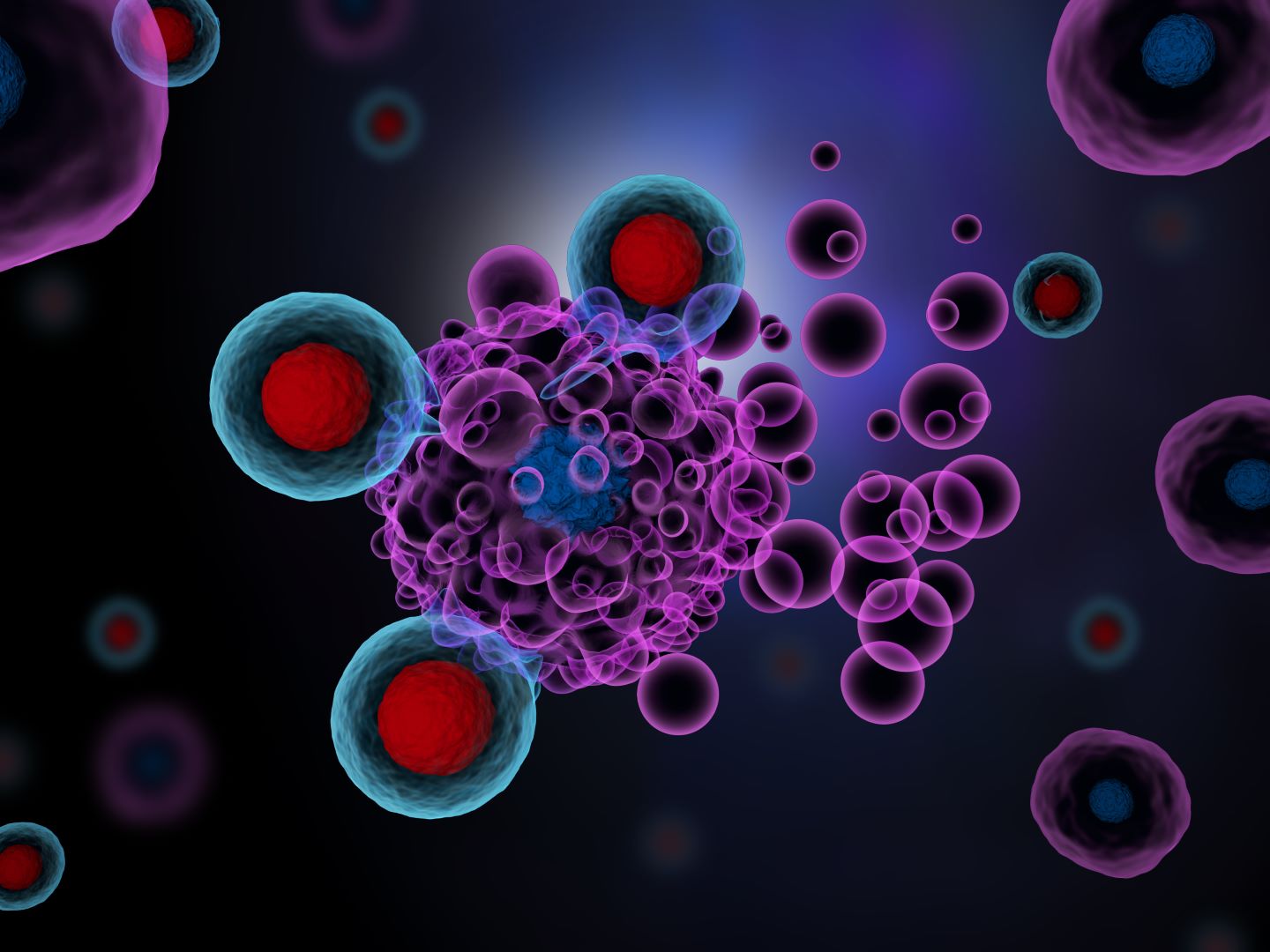On 16 August, Australian-based Imugene announced that it was acquiring the worldwide exclusive licence to develop and commercialise azercabtagene zarpreleucel (azer-cel), an allogeneic (allo) CD19 chimeric antigen receptor (CAR) T cell therapy, from US-based biotech Precision Biosciences. The therapy is indicated for diffuse large B-cell lymphoma (DLBCL) patients who have relapsed following autologous (auto) CAR T cell treatments. Imugene plans to initiate a registrational study for azer-cel in 2024 and become the first approved allo-CAR T cell therapy for cancer. Under the agreement, Precision Biosciences will receive $21m in cash, a portion of which will be deferred at closing. Additionally, the US biotech may receive up to $198m in performance-based payments over the development life of azer-cel.
In an ongoing Phase Ib clinical trial for patients with relapsed or refractory non-Hodgkin’s lymphoma (NHL) and acute lymphocytic leukaemia (ALL), the allo-CAR T cell therapy has shown promising outcomes with a 58% overall response rate (ORR) and 41% complete response (CR) rate across all doses. The data was especially strong for 18 DLBCL patients who relapsed following auto-CAR T cell therapy, with an 83% ORR and 61% CR, with 55% of patients exhibiting a durable response at six months. The treatment was well tolerated, as no grade 3 or higher adverse events were observed in the most recent cohort. Imugene intends to complete the Phase Ib trial using the recommended Phase ll regimen. After a positive meeting with the FDA focused on chemistry, manufacturing, and controls, the company believes its product is commercially ready and is eager to commence a registrational study for post-auto-CAR T cell DLBCL patients. GlobalData’s analyst consensus forecast predicts sales for azer-cel to reach $73m by 2029. While Imunogen hopes to be first-to-market, there are several other allo-CAR T cell therapies in development competing for patient share. Allogene’s ALLO-501A is expected to be marketed in 2025 with a broader label, which means that it will likely generate higher sales.
Imugene believes the allo-CAR T cell therapy will also complement its proprietary onCARlytics platform. This program is designed to develop effective CAR T cell products to treat solid tumour indications. CAR T cell therapy has largely been ineffective for solid tumours due to its lack of selectivity or homogenous targets. By first infecting the tumours using Imugene’s oncolytic virus CF33OV, which encodes for cell surface proteins such as CD19, the resulting tumour cells that now express CD19 will be more readily eradicated by a CD19-directed CAR T cell therapy such as azer-cel.





